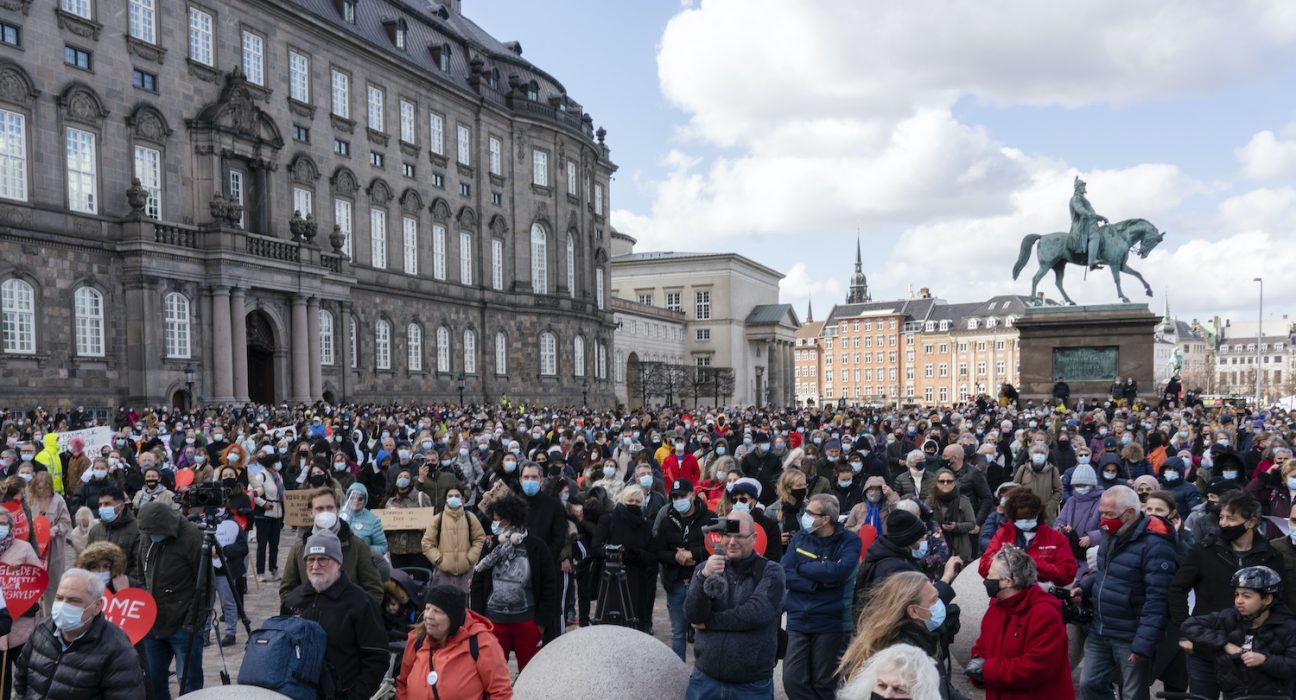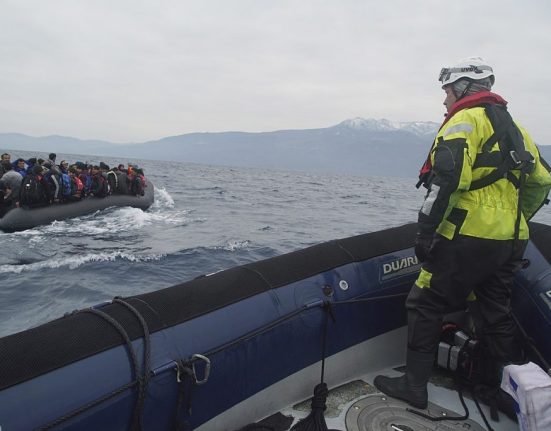The Danish People’s Party has been running on an unashamed anti-immigration, populist agenda for more than twenty years, driving the Danish government to the right by opposing diversity and resisting the devolution of authority to Brussels. Four conservative Danish parties are set to offer a plan to address Denmark’s labour crisis by bringing in foreign employees.
The plan includes a lowering in the belbsgrnse (pay limit), which would be a crucial factor in limiting labour immigration under present laws since it demands firms to pay a specific wage to non-EU workers to fulfil work permit standards.
According to broadcaster DR, the Conservatives, Liberal Alliance, Liberals, and Nye Borgerlige intend to lower the minimum wage criterion. Still, they would not offer accommodation to inhabitants of Muslim nations in North Africa, the Middle East.
As per DR, the fourth party, Nye Borgerlige, which would be the farthest to the right and renowned for its anti-Muslim sentiment, requested the clause in exchange for backing the measure.
“Our proposal is a permanent scheme with a lower pay limit whereby you can come up here and work, but where it will apply to a slightly lower number of countries,” Vanopslagh stated on DR’s radio show.
The four parties proposing the change seek to lower the compensation ceiling to 360,000 kroner per year. The government has offered a salary of 375,000 kroner in current discussions over the labour shortfall. The sum is now 448,000 kroner.
The administration is pushing for a two-year temporary decrease in the salary cap, whereas the conservative parties opposing it want something permanently.
As per Nye Borgerlige leader Pernille Vermund, who explained the plan in a Post on Facebook, while the government’s policy would indeed be expanded to all nations, the counteroffer eliminates “Muslim countries in North Africa and the Middle East.”
Vanopslagh revealed on DR radio that the parties had decided to exclude some nations from the plan and that the exclusions included MENA countries.
Vanopslagh added, “We propose (excluding) several countries where we in practice avoid some of the countries where there are generally many people over-represented in our domestic crime statistics.”
The policy’s passage was “primarily a result of us being four parties which had to agree. For some parties, not all countries in the world” needed to be relevant to certain parties.
Madsen stated, “The reality is they are selling out the needs of Danish businesses because of considerations which are not serious.”
Vanopslagh seemed to disassociate himself from the evident structure of the idea to ban individuals from Muslim nations in statements to DR.
He stated, “The pay limit scheme is set up so that you must still earn 350,000 [360,000, ed.]. I think that most people who can maintain an annual salary of 350,000 kroner are members of the public who behave relatively well in Denmark.”
Countries that are part of the plan must also satisfy two additional conditions: a particular amount of in- and leaving investment with Denmark and no immigration rules for its citizens in the Schengen zone.








